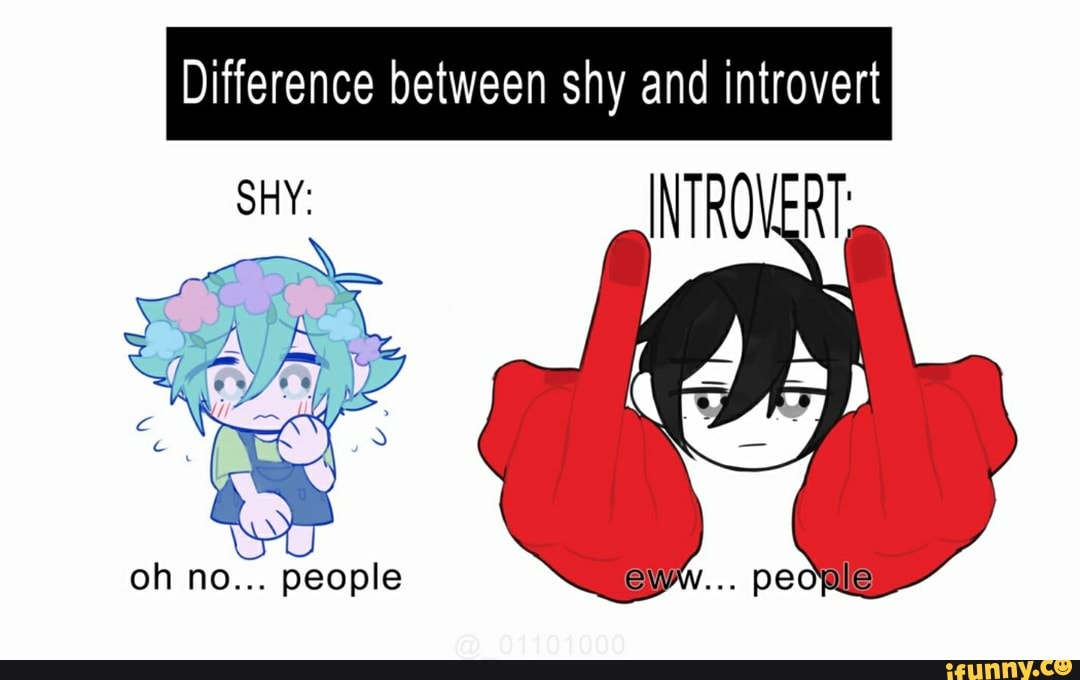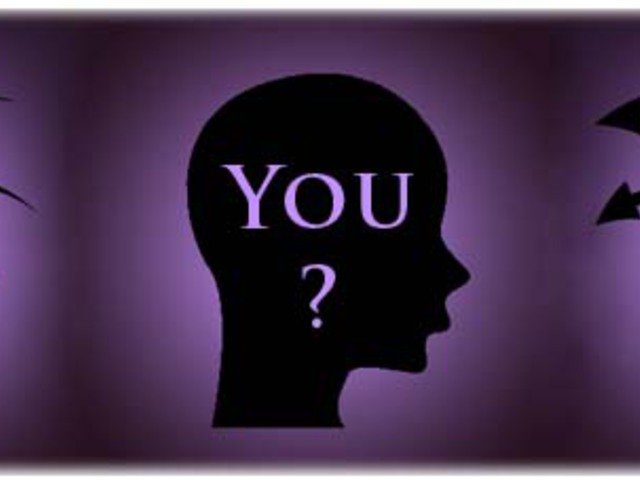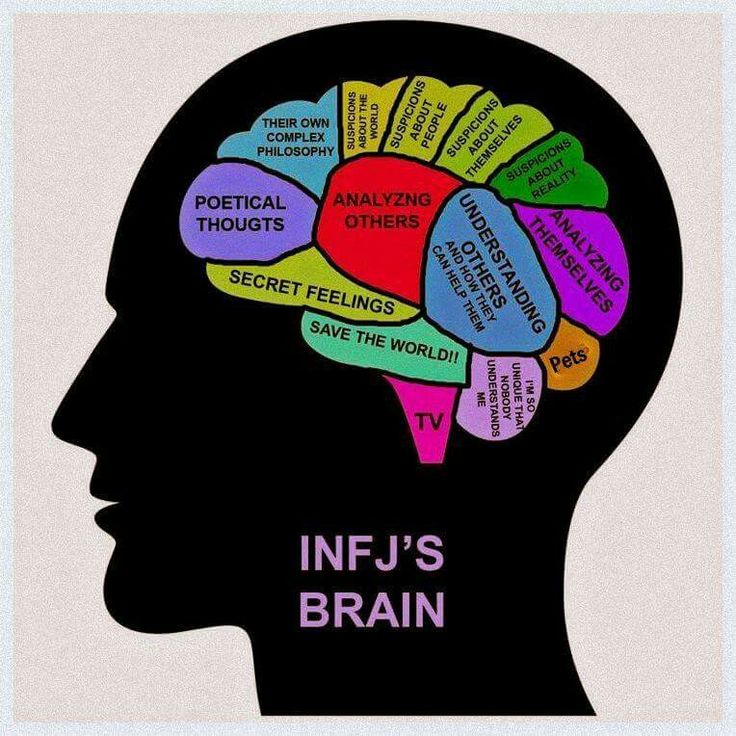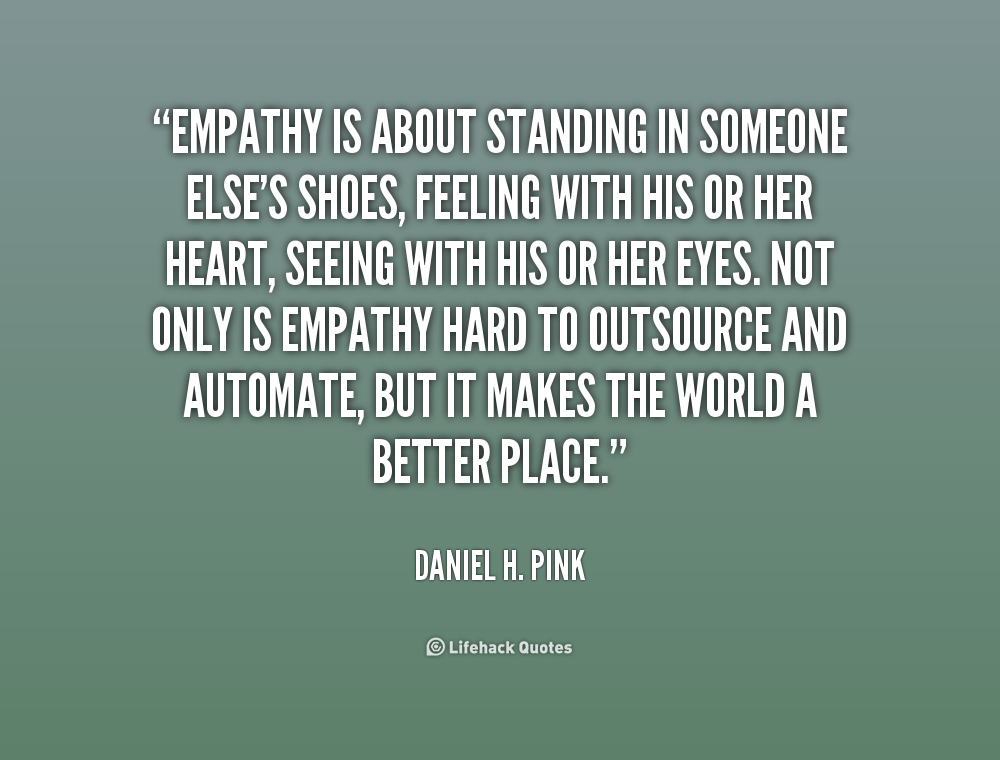Difference between being shy and introverted
Shy, Introverted, Both, or Neither (and Why Does It Matter)?
By Susan Cain
Bill Gates is quiet and bookish, but apparently unfazed by others’ opinions of him: he’s an introvert, but not shy.
Barbra Streisand has an outgoing, larger than life personality, who also battles with a paralyzing case of stage fright: she’s a shy extrovert.
Shyness and introversion are not the same thing. Shyness is the fear of negative judgment, and introversion is a preference for quiet, minimally stimulating environments. Some psychologists map the two tendencies on vertical and horizontal axes, with the introvert-extrovert spectrum on the horizontal axis and the anxious-stable spectrum on the vertical. With this model, you end up with four quadrants of personality types: calm extroverts, anxious (or impulsive) extroverts, calm introverts, and anxious introverts.
Interestingly, this view of human nature is echoed in ancient Greece. The physicians Hippocrates and Galen famously proposed that our temperaments—and destinies—were a function of bodily fluids. Extra blood made people sanguine (calmly extroverted), yellow bile made them choleric (impulsively extroverted), phlegm made them phlegmatic (calmly introverted), and black bile made them melancholic (anxiously introverted).
But if shyness and introversion are so different, why do we often link them, especially in the popular media?
The most important answer is that there’s a shared bias in our society against both traits. The mental state of a shy extrovert sitting quietly in a business meeting may be very different from that of a calm introvert—the shy person is afraid to speak up, while the introvert is simply overstimulated—but to the outside world, the two appear to be the same, and neither type is welcome. Studies show that we rank fast and frequent talkers as more competent, likable, and even smarter than slow ones.
Galen aside, poets and philosophers throughout history, like John Milton and Arthur Schopenhauer, have associated shyness with introversion. As the anthropologist C.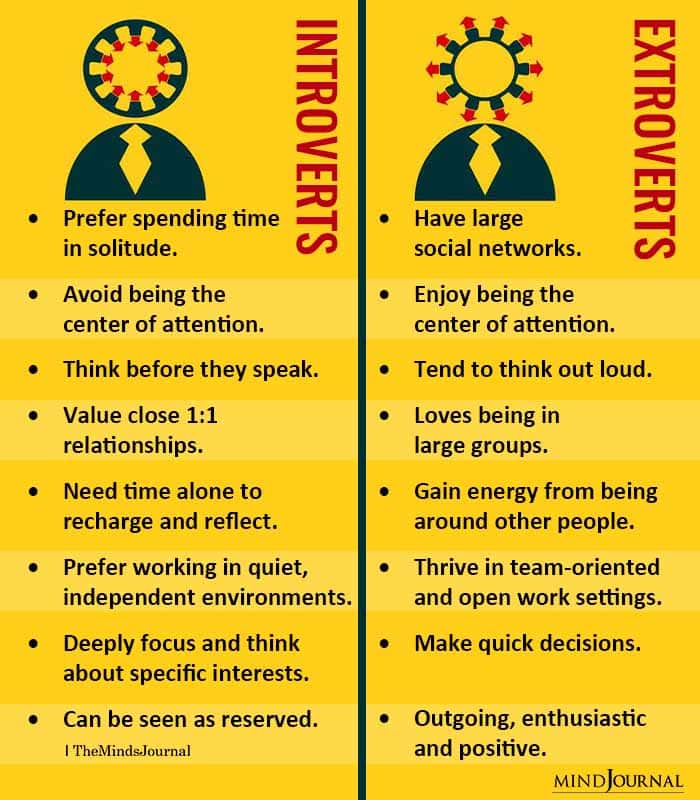 A. Valentine once wrote,
A. Valentine once wrote,
Western cultural traditions include a conception of individual variability which appears to be old, widespread, and persistent. In popular form this is the familiar notion of the man of action, practical man, realist, or sociable person as opposed to the thinker, dreamer, idealist, or shy individual. The most widely used labels associated with this tradition are the type designations extrovert and introvert.
Were these sages flat out wrong? No. Psychologists have found that shyness and introversion do overlap (meaning that many shy people are introverted, and vice versa), though they debate to what degree. There are several reasons for this overlap. For one thing, some people are born with “high-reactive” temperaments that predispose them to both shyness and introversion. Also, a shy person may become more introverted over time; since social life is painful, she is motivated to discover the pleasures of solitude and other minimally social environments.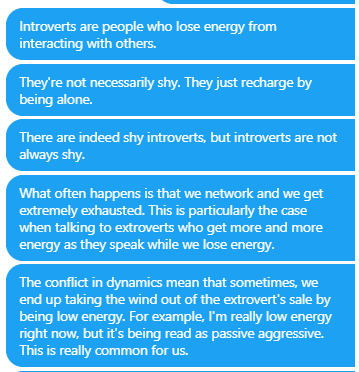 And an introvert may become shy after continually receiving the message that there’s something wrong with him.
And an introvert may become shy after continually receiving the message that there’s something wrong with him.
But shyness and introversion don’t overlap completely, or even predominantly. Sometime ago, I published an op-ed in The New York Times on the value of these two characteristics. It touched a chord in a readership hungry for this message. It quickly became the #1 most e-mailed article, and I received over a thousand heartfelt notes of thanks.
But some letter writers felt that the article conflated introversion with shyness and, as such, had misrepresented them. Though I did make a clear distinction in the piece between the two, these writers were correct that I moved on quickly, perhaps too quickly, to other subjects. I did this because of space constraints—if I had tried to explain everything I just outlined above (and even this post only scratches the surface of a highly complex topic), I would never have gotten to the real point: the importance of shyness and introversion in a society that disdains them.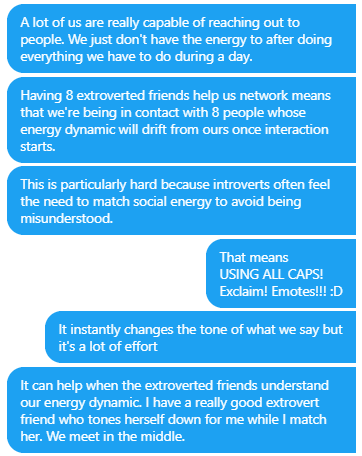
Still, I understand why non-anxious introverts feel frustrated when people treat them as if they’re shy. It’s inherently annoying to be misunderstood, to be told that you’re something that you’re not. Anyone who has walked down the street deep in thought and been instructed by a stranger to smile—as if he were depressed, rather than mentally engaged—knows how maddening this is.
Also, shyness implies submissiveness. And in a competitive culture that reveres alpha dogs, one-downmanship is probably the most damning trait of all.
Yet, this is where the shy and the introverted, for all their differences, have something profound in common. Neither type is perceived by society as alpha, and this gives both types the vision to see how alpha status is overrated and how our reverence for it blinds us to things that are good, smart, and wise. For very different reasons, shy and introverted people might choose to spend their days in behind-the-scenes or “passive” pursuits like inventing, studying, or holding the hands of the dying.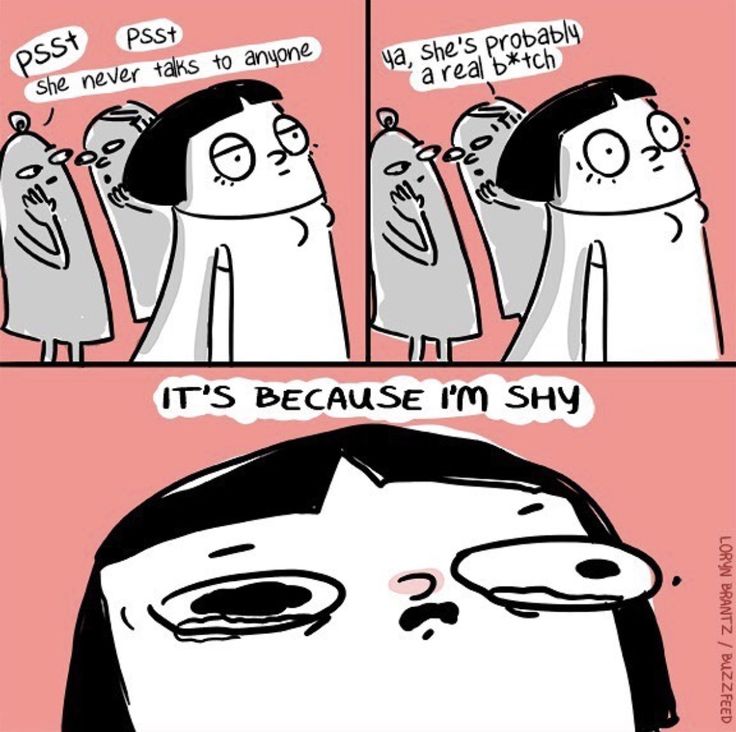 These are not alpha roles, but the people who play them are role models all the same.
These are not alpha roles, but the people who play them are role models all the same.
*The above post previously appeared on Susan Cain’s former blog, The Power of Introverts.
Introvert Myths Personality Shyness Susan Cain
Difference Between Introvert and Shy
The key difference between introvert and shy is that introverts avoid social situations because they do not like them while shy people avoid social situations because of low self-esteem, fear, and anxiety.
Although many people assume that introverts are shy since both shy people and introverts show similar behaviour patterns, there is a distinct difference between introvert and shy. Introverts can choose to be social and interact with others although they may find it mentally draining. However, shy people find it very difficult to be social and interact with others.
CONTENT
1. Overview and Key Difference
2. What Does Introvert Mean
3. What Does Shy Mean
4. What is the Similarity Between Introvert and Shy
5.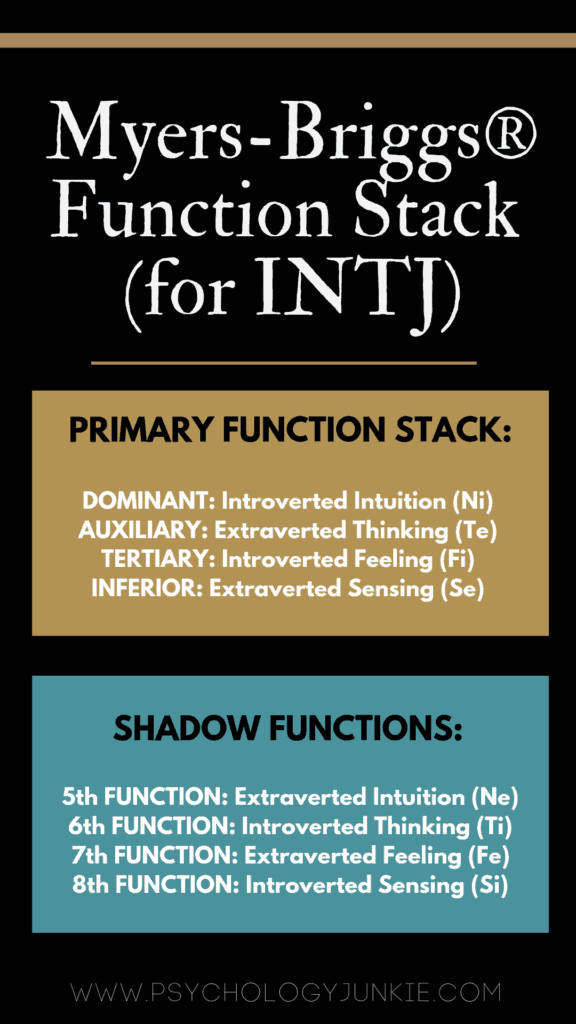 Side by Side Comparison – Introvert vs Shy in Tabular Form
Side by Side Comparison – Introvert vs Shy in Tabular Form
6. Summary
What Does Introvert Mean?
An introvert is basically a calm and quiet person who prefers to spend time alone rather than often being with other people. Also, this type of people may keep their thoughts to themselves and rarely express their ideas and opinions. Therefore, introverts generally display reserved and solitary behaviour. However, being introverted is not the same as being shy. Although an introvert may seem shy to others, this is not always a correct label. Introverts simply choose not to be social or interact with others because they do not like it. Moreover, although introverts are unlikely to enjoy spending time with large groups of people and find it difficult and mentally draining to interact with strangers, they do enjoy being with close friends.
Moreover, introverts usually show interests in solitary activities such as reading, writing, using computers, and hiking. Highly introverted people usually prefer professions that involve solitary work; for example, writing, sculpting, painting, composing, etc.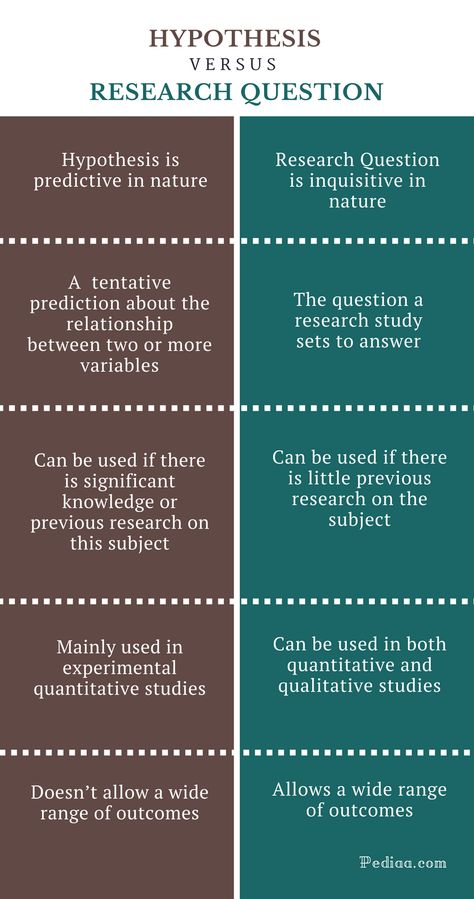 According to some psychologists, introverts’ energy expands during reflection and dwindles during interactions.
According to some psychologists, introverts’ energy expands during reflection and dwindles during interactions.
Furthermore, introverts are thinkers and observers. They are more likely to think well before they speak and they like to observe situations or activities before they take part in them. Moreover, they prefer plans and set goals and detest sudden changes.
What Does Shy Mean?
A shy person is someone who feels nervous and timid in the company of others, especially in the company of strangers. Stammering, blushing, easily feeling embarrassed, and desire to avoid social situations are some prominent features you can observe in shy people. Moreover, shyness is generally a common occurrence with unfamiliar situations and people.
Shy people do not have confidence in themselves to confront others. As a result, they tend to get easily affected by their immense anxiety and become helpless, not knowing how to overcome this anxiety and interact with others even though they really want to interact and connect with others.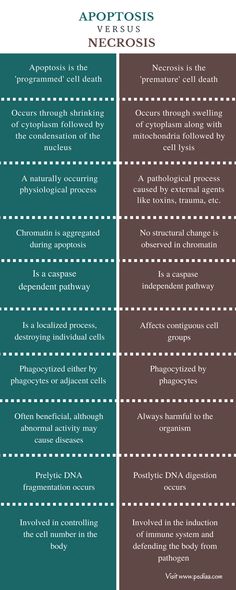 As a consequence, shy people eventually avoids social situations since it makes them uncomfortable and they end up feeling awkward not being able to move on with others. Therefore, shy people do not avoid social situations because they don’t like it; it is their lack of confidence, fear, and anxiety that make them avoid such situations. Hence, this is the key difference between introvert and shy.
As a consequence, shy people eventually avoids social situations since it makes them uncomfortable and they end up feeling awkward not being able to move on with others. Therefore, shy people do not avoid social situations because they don’t like it; it is their lack of confidence, fear, and anxiety that make them avoid such situations. Hence, this is the key difference between introvert and shy.
It is also important to note that a child who is shy towards strangers may eventually lose this trait and may become more socially adept with age. However, for some people, shyness may become a lifelong trait.
What is the Similarity Between Introvert and Shy?
- Both introverts and shy people display similar behaviour such as avoiding social situations and interacting with others.
What is the Difference Between Introvert and Shy?
An introvert is basically a calm and quiet person who prefers to spend time alone rather than often being with other people while a shy person is someone who feels nervous and timid in the company of others.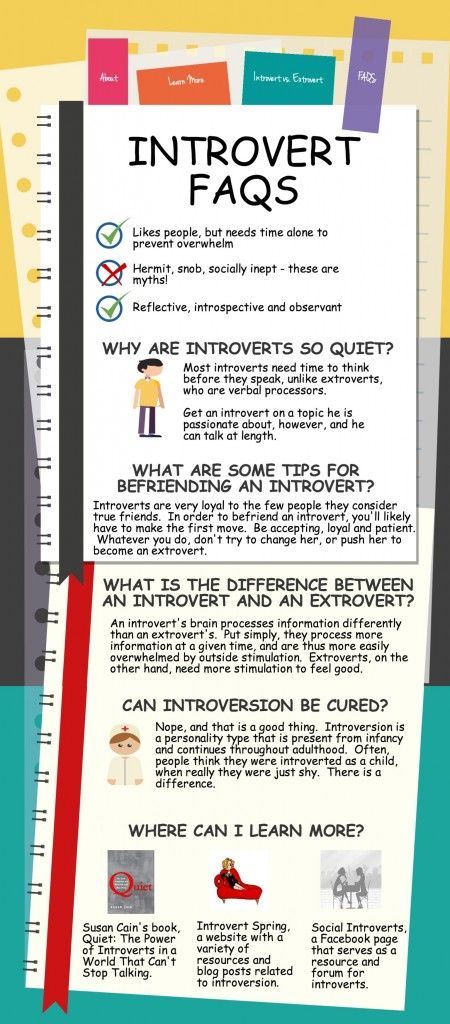 Therefore, the key difference between introvert and shy is the reason for their behaviour. Introverts avoid social situations and interacting with others because they prefer spending time alone. However, shy people avoid social situations because of their low self-esteem, anxiety, and fear. Also, shy people may like to interact with others, but their shyness prevents them from doing this.
Therefore, the key difference between introvert and shy is the reason for their behaviour. Introverts avoid social situations and interacting with others because they prefer spending time alone. However, shy people avoid social situations because of their low self-esteem, anxiety, and fear. Also, shy people may like to interact with others, but their shyness prevents them from doing this.
Moreover, a notable difference between introvert and shy is that the introverts may have great social skills although they may find it mentally draining to spend a lot of time with others. However, this is not the case with shy people. Furthermore, being an introvert is a personality trait. In contrast, extreme shyness may be a condition that requires therapy.
The below infographic summarizes the difference between introvert and shy in tabular form.
Summary – Introvert vs Shy
There is a distinct difference between introvert and shy although they display similar behaviour. The key difference between introvert and shy is that introverts avoid social situations and interacting with others because they prefer spending time alone while shy people avoid social situations because of their low self-esteem, anxiety, and fear.
The key difference between introvert and shy is that introverts avoid social situations and interacting with others because they prefer spending time alone while shy people avoid social situations because of their low self-esteem, anxiety, and fear.
Image Courtesy:
1. “731754” (CC0) via Pxhere
2. “Child And Books” (Public Domain) via PublicDomainPictures.net
3. “1606572” (CC0) via Pixabay
The difference between an introvert and a shy person
The main difference between an introvert and a shy person is that introverts avoid social situations because they don't like them, while shy people avoid social situations because of low self-esteem, fear and anxiety.
Although many people think that introverts are shy because both shy people and introverts exhibit similar behavior patterns, there is a distinct difference between an introvert and shyness. Introverts may want to be social and interact with others, although they may find this mentally draining. However, shy people find it very difficult to be social and social with others.
However, shy people find it very difficult to be social and social with others.
Contents
- Overview and main differences
- What does introvert mean
- What does shy mean
- Similarities between introvert and shy
- What is the difference between introvert and shy?
- Conclusion
What does an introvert mean?
An introvert is a generally calm and quiet person who prefers to spend time alone rather than often with other people. In addition, this type of people can keep their thoughts to themselves and rarely express their ideas and opinions. Therefore, introverts tend to exhibit reserved and solitary behavior. However, being withdrawn is not the same as being shy. While an introvert may appear shy to others, this is not always the correct label. Introverts simply prefer not to be social or interact with others because they don't like it. What's more, while it's unlikely that introverts enjoy spending time with large groups of people and find it difficult and emotional to connect with strangers, they do enjoy being with close friends.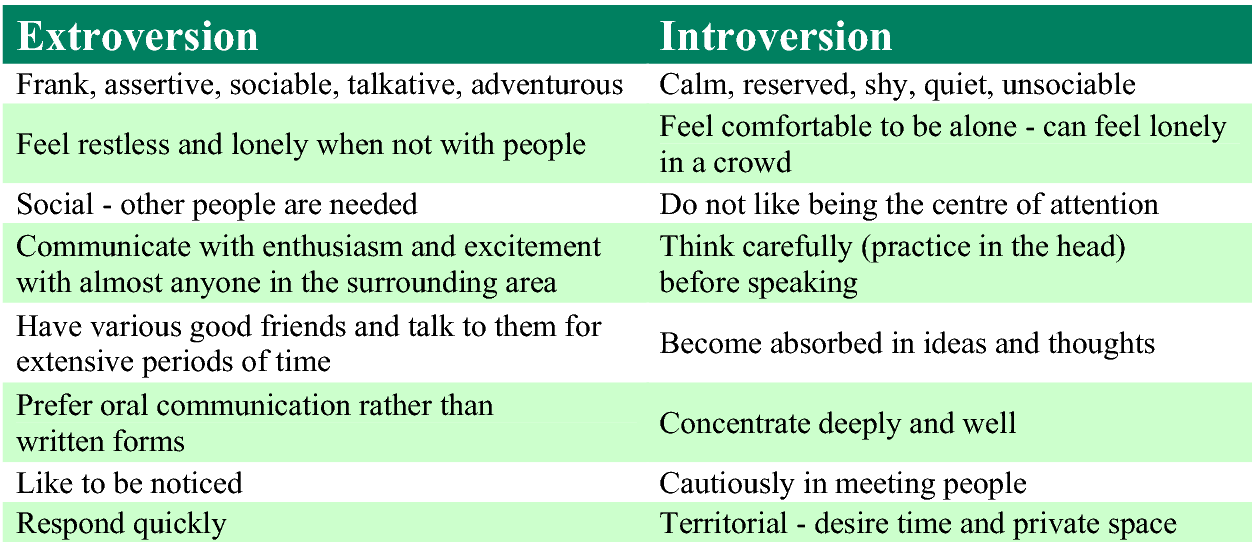
In addition, introverts tend to be interested in solitary activities such as reading, writing, using computers, and hiking. People with a high degree of introversion tend to prefer careers that involve solitary work; for example, writing, modeling, painting, composing, etc. According to some psychologists, the energy of introverts expands during reflection and decreases during interactions.
People with a high degree of introversionIn addition, introverts are thinkers and observers. They often think well before they speak, and they like to observe situations or actions before they take part in them. Moreover, they prefer plans and set goals and hate sudden changes.
What does shy mean?
A shy person is one who feels nervous and timid in the company of others, especially in the company of strangers. Stuttering, blushing, a slight sense of embarrassment, and a desire to avoid social situations are some of the characteristics you can see in shy people.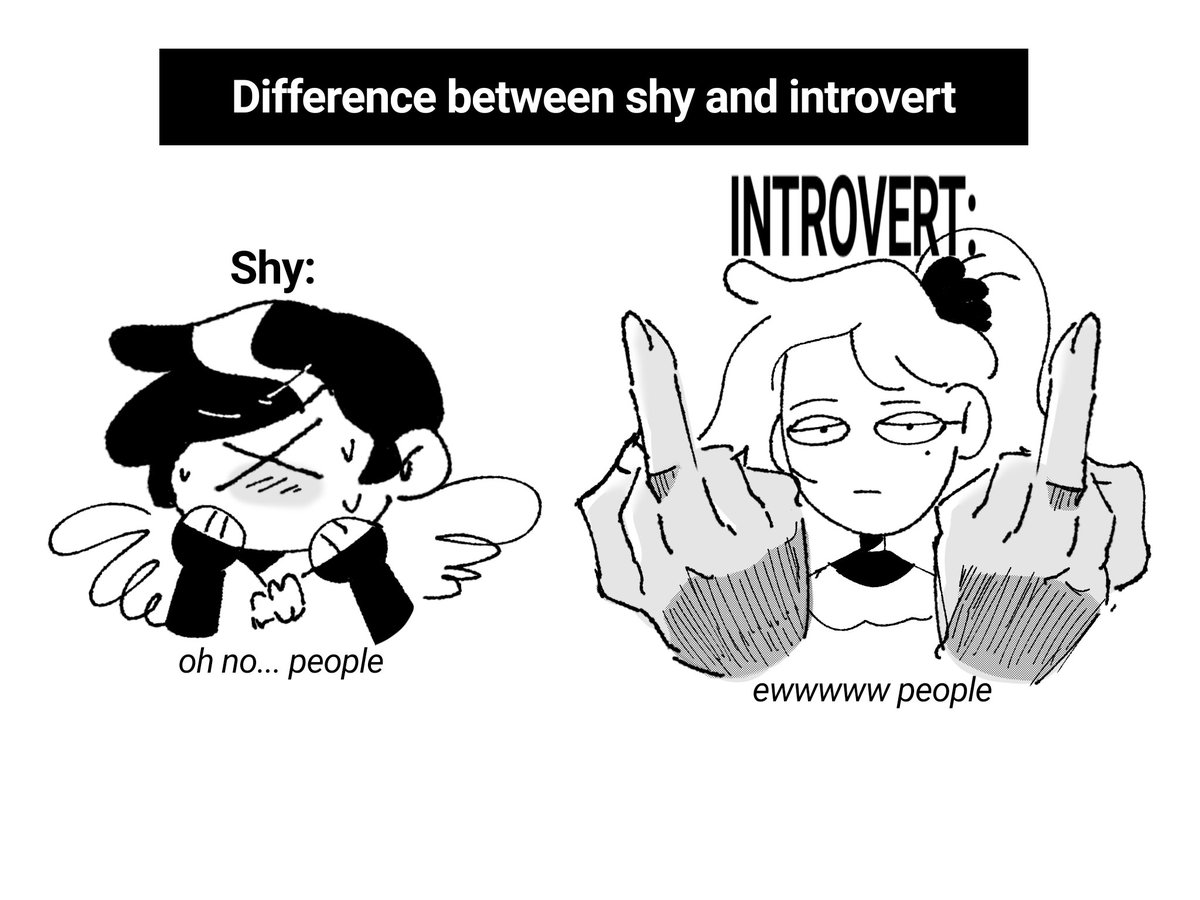 Moreover, shyness is commonly found in people who are unfamiliar with the situation.
Moreover, shyness is commonly found in people who are unfamiliar with the situation.
Shy people are not confident enough to stand up to others. As a result, they tend to suffer easily from their immense anxiety and become helpless, not knowing how to overcome this anxiety and interact with others, even if they really want to interact and communicate with others. As a consequence, shy people end up avoiding social situations as it makes them uncomfortable and they end up feeling uncomfortable not being able to move on with others. So shy people don't avoid social situations because they don't like it; it is their insecurities, fear and anxiety that make them avoid such situations. Hence, this is the key difference between introvert and shyness.
It is also important to note that a child who is shy around strangers may eventually lose this trait and may become more socially adjusted with age. However, for some people, shyness can be a lifelong trait.
What are the similarities between an introvert and a shy person?
- Both introverts and shy people exhibit similar behaviors, such as avoiding social situations and interacting with others.

What is the difference between an introvert and a shy person?
An introvert is a generally calm and quiet person who prefers to spend time alone rather than being with other people often, while a shy person is one who feels nervous and timid in the company of others. Therefore, the key difference between an introvert and shyness is the reason for their behavior. Introverts avoid social situations and interact with others because they prefer to spend time alone. However, shy people avoid social situations because of their low self-esteem, anxiety, and fear. Also, shy people may enjoy socializing with others, but their shyness prevents them from doing so.
Moreover, a notable difference between an introvert and shyness is that introverts may have good social skills, although they may find it mentally exhausting to spend a lot of time with others. However, this does not apply to shy people. Also, being an introvert is a personality trait. On the contrary, extreme shyness can be a condition that requires therapy.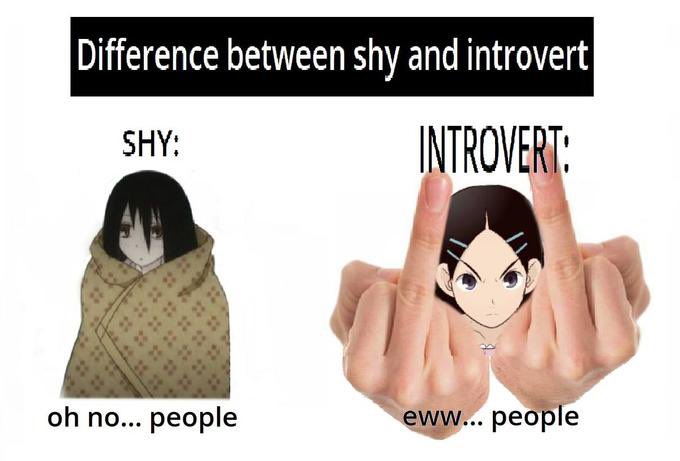
Basic Information - Introvert vs. Shy
There is a clear difference between an introvert and a shy person, although they exhibit similar behaviors. The key difference between introvert and shy is that introverts avoid social situations and interact with others because they prefer to spend time alone while shy people avoid social situations due to their low self-esteem, anxiety and fear.
Difference between shyness and introvert
Being shy and being an introvert are not the same thing, although they may look the same. An introvert likes to spend time alone and is emotionally drained by spending a lot of time with others. A shy person does not necessarily want to be alone, he is afraid to communicate with others.
Overview
Imagine two children in the same class, one introverted and one shy. The teacher organizes a lesson for all the children in the room. The introverted child wants to stay at her desk and read a book because it is stressful for her. A shy child wants to join other children but stays at their table because they are afraid to join them.
A shy child wants to join other children but stays at their table because they are afraid to join them.
Children can be helped to overcome their shyness, but introversion is as much a part of a person as hair or eye color.
How to deal with shyness
In other words, people can be treated for shyness, but not for introversion. Not all introverts are shy. In fact, some have excellent social skills. 1 However, after participating in social activities, the introvert will be emotionally exhausted and will need to be alone to "charge" their emotional batteries.
Although therapy can help a shy person, trying to turn an introvert into a sociable extrovert can be stressful and lead to self-esteem problems. Introverts may learn coping strategies to help them deal with social situations, but they will always be introverts. If you think your child might be an introvert, you can explore some of the traits of introversion and see how many of them your child has.
Coping strategies for children
Helping your introverted child
The first thing to do is to recognize that introversion is not a disorder requiring any treatment. In that sense, your introverted child really doesn't need help. However, there are a few things you can do to keep your child happy and healthy. 1
In that sense, your introverted child really doesn't need help. However, there are a few things you can do to keep your child happy and healthy. 1
The best thing you can do for your child is to understand introversion and recognize that it is a normal personality trait.
Accept that your child may not be the social butterfly you hoped for, that your home may not be constantly filled with more of your child's friends. Accept the fact that your child will surely enjoy spending a lot of time alone. Accept that your child may only have a few close friends. If you can accept these character traits, then you will be less likely to push your child into more social activities than they feel comfortable with.
Don't forget to also give your child some time to unwind after social activities. For example, if your child was at a party, don't be surprised if he wants to spend some time alone. 1 Going from one social activity to another, even to a family dinner, can cause a child a little stress and make him a little cranky.